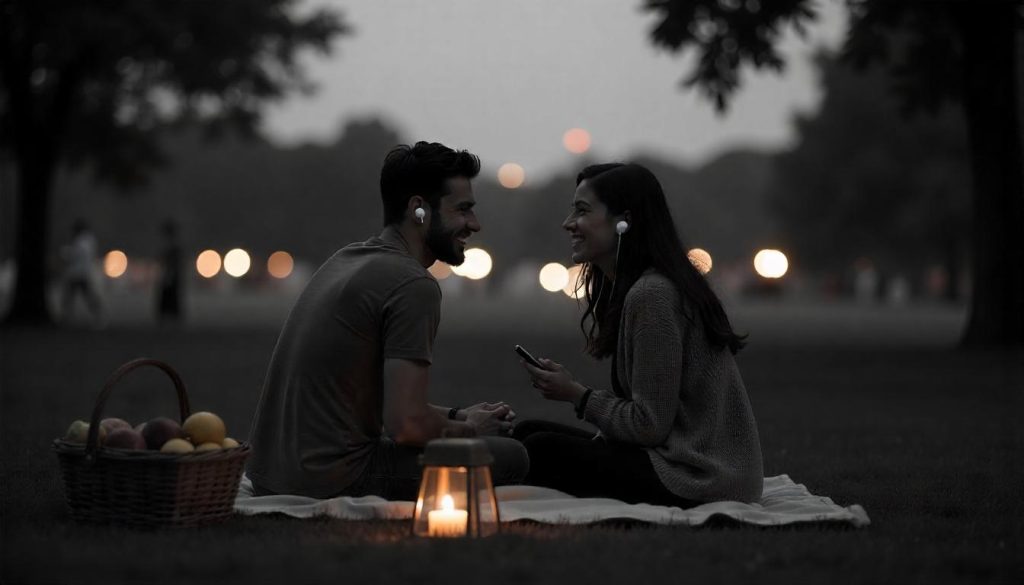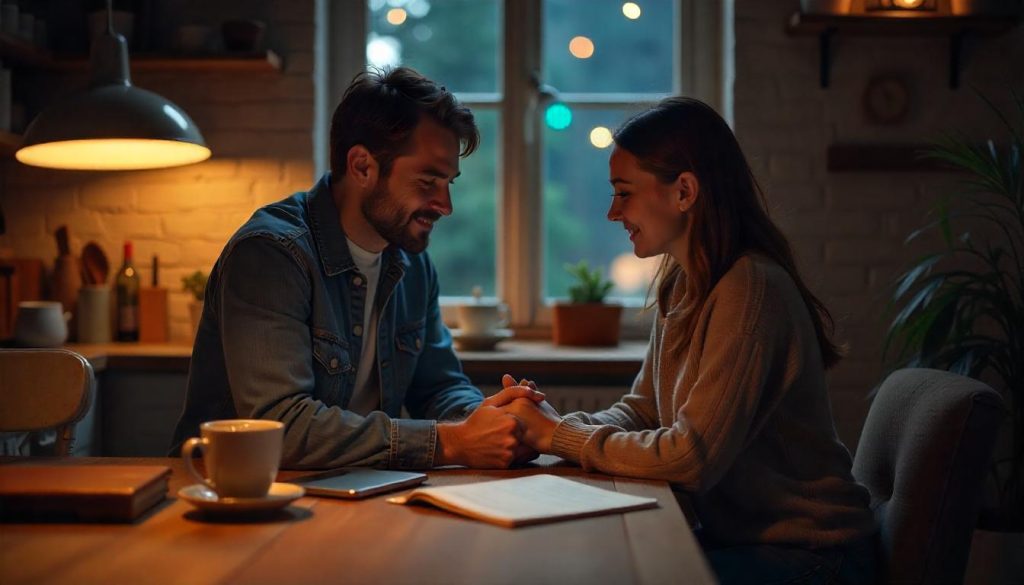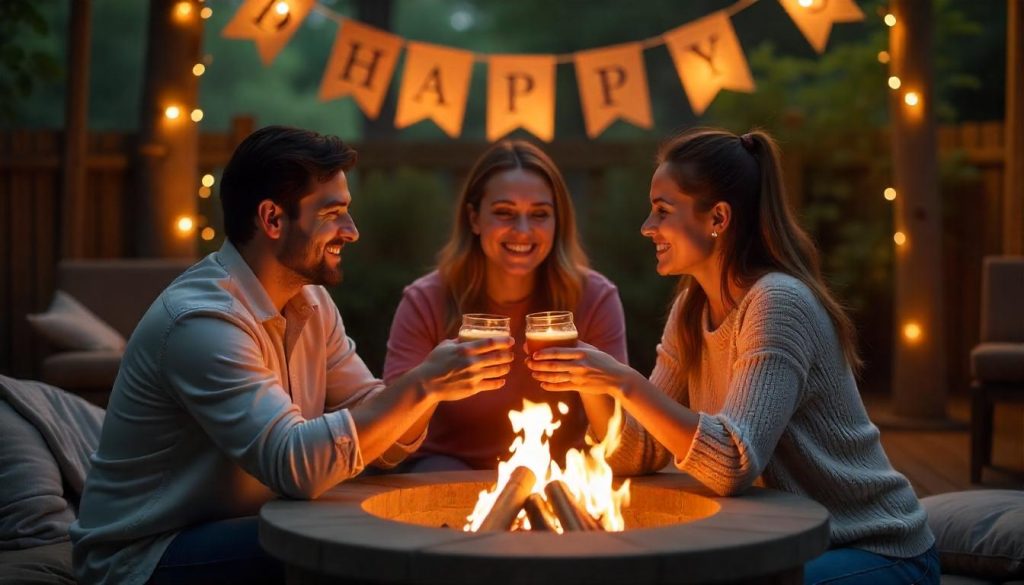Learning to date recovering from trauma requires courage, self-awareness, and a commitment to healing while building meaningful connections. Past trauma—whether from abuse, loss, or betrayal—can cast a shadow over new relationships, stirring fears of vulnerability or rejection. Yet, with the right approach, dating can become a journey of growth and connection. Inspired by Tawkify’s personalized matchmaking, which fosters intentional, compatible relationships, this guide offers practical strategies to navigate dating while honoring your healing process. By setting boundaries, communicating needs, and choosing supportive partners, you can create a dating experience that nurtures both your heart and recovery, proving that love can flourish alongside personal growth.
Why Dating After Trauma Is Unique
Trauma shapes how you perceive trust, intimacy, and safety, making dating a complex but rewarding endeavor. For example, someone recovering from an abusive relationship might fear judgment when sharing their past, hesitating to open up. However, approaching dating with mindfulness allows you to build connections that respect your journey.
Research highlights the importance of this approach: a 2022 study in Journal of Traumatic Stress found that trauma survivors who date with clear boundaries and support report 37% higher emotional resilience than those who rush into relationships. Tawkify’s emphasis on authentic, tailored connections aligns with this, encouraging daters to prioritize healing while seeking partners who honor their recovery.
The Risks of Dating Without Healing
Rushing into dating without addressing trauma can amplify emotional challenges. For instance, unresolved triggers might lead to anxiety during intimate moments, straining new connections. Similarly, ignoring your needs could result in choosing partners who echo past toxic dynamics, perpetuating pain rather than fostering growth.
In contrast, dating mindfully while recovering from trauma builds a foundation of self-respect and safety. Tawkify’s matchmaking philosophy, which prioritizes emotional compatibility, underscores the need to date with intention, ensuring relationships support your healing rather than hinder it, creating space for love that feels secure and empowering.
Understanding the Challenges
Navigating dating while healing from trauma involves emotional and relational hurdles. Therefore, recognizing these challenges helps you approach dating with compassion and clarity.
Fear of Vulnerability
Trauma often makes opening up feel risky, as sharing your past might trigger fears of rejection. For example, you might avoid discussing a traumatic experience, worrying your date won’t understand, which limits emotional intimacy and connection.
Triggers and Emotional Reactions
Certain situations, like physical closeness or heated discussions, can spark trauma-related triggers, causing panic or withdrawal. As a result, these reactions can confuse a partner if not communicated, creating tension or misunderstanding early in dating.
Trust Issues
Past betrayals can make trusting new partners difficult, leading to skepticism or over-vigilance. For instance, you might question a date’s intentions, even when they’re kind, which slows the development of a healthy, mutual bond.
Self-Doubt and Low Self-Esteem
Trauma can erode self-worth, making you feel unworthy of love. Consequently, this doubt might lead to settling for unhealthy partners or avoiding dating altogether, fearing you don’t deserve a fulfilling relationship.
Benefits of Mindful Dating After Trauma
Dating with intention while recovering from trauma offers profound emotional and relational rewards, supporting both healing and connection. Moreover, these benefits highlight the power of a thoughtful approach.
Strengthened Self-Awareness
Dating encourages reflection on your needs and triggers, like realizing, “I need slow pacing to feel safe.” This awareness, aligned with Tawkify’s focus on self-discovery, fosters personal growth, helping you navigate relationships with confidence and clarity.
Empowerment Through Boundaries
Setting boundaries, like saying, “I need time before physical intimacy,” reinforces your worth. This empowerment builds resilience, ensuring dating supports your recovery while attracting partners who respect your needs.
Healing Through Connection
A supportive partner can affirm your value, helping you reframe past pain. For example, a date who listens empathetically to your story fosters trust, creating moments of healing that deepen your emotional recovery and connection.
Hope for Healthy Love
Dating mindfully shows that love is possible despite trauma, restoring optimism. As a result, each positive date, like a kind conversation, builds faith in relationships, preparing you for a partnership that honors your journey.
Strategies to Date Recovering from Trauma
These practical strategies guide you in dating while healing, ensuring relationships nurture your recovery and foster connection. Each step builds a safe, empowering dating experience.
Prioritize Your Healing First
Continue therapy or self-care practices, like journaling or meditation, to stay grounded. For example, journal, “I’m feeling anxious about dating—how can I feel safer?” This focus, akin to Tawkify’s holistic approach, ensures you date recovering from trauma with emotional stability, ready to connect without compromising your recovery.
Set Clear Boundaries
Define limits that protect your well-being, like, “I’m not ready to share my full past yet.” Communicate these early, saying, “I move slowly in new relationships.” This clarity creates safety, ensuring partners respect your pace and needs, fostering trust from the start.
Communicate Your Needs Openly
Share relevant aspects of your recovery with empathy, like, “I sometimes need space due to past experiences.” For instance, during a date, say, “Crowded places can overwhelm me—can we try somewhere quiet?” This openness builds understanding, aligning with Tawkify’s emphasis on honest communication.
Choose Supportive Partners
Seek partners who show patience and empathy, asking on a date, “How do you handle tough conversations?” For example, a partner who listens without judgment when you share a trigger is a keeper. Tawkify’s matchmakers excel at this, pairing you with those who honor your healing journey, easing the path to date recovering from trauma.
Start with Low-Pressure Dates
Opt for relaxed settings, like a coffee shop or park walk, to reduce anxiety. For instance, suggest, “Let’s grab tea and chat—it’s low-key.” This approach minimizes stress, allowing you to focus on connection while feeling safe and in control.
Recognize and Manage Triggers
Identify triggers, like loud noises, and plan dates to avoid them, such as choosing a quiet venue. If triggered, pause and say, “I need a moment to breathe.” This self-awareness ensures you date recovering from trauma with confidence, maintaining emotional balance during interactions.
Build Trust Gradually
Take time to trust, sharing your story in stages as comfort grows. For example, start with light anecdotes before discussing deeper trauma. This gradual approach, supported by Tawkify’s tailored pacing, fosters a bond that feels secure, allowing intimacy to develop naturally.
Reflect on Dating Experiences
After each date, journal insights, like, “I felt safe sharing a little today.” Discuss with a therapist or friend, asking, “Am I honoring my needs?” This reflection, similar to Tawkify’s feedback process, ensures you date recovering from trauma with intention, adjusting your approach to support healing and connection.
The Role of Both Partners
Dating while healing from trauma requires effort from both partners, creating a supportive, empathetic dynamic that fosters growth.
The Survivor’s Role
Take responsibility for your healing, communicating needs clearly, like, “I need patience as I open up.” For example, share, “My past makes trust hard, but I’m excited to connect.” Your honesty sets the tone, encouraging a partner to engage with care, aligning with Tawkify’s focus on authenticity.
The Partner’s Role
Listen with empathy and respect boundaries, saying, “I’m here when you’re ready to share.” For instance, respond to a trigger with, “Let’s take it slow—whatever you need.” Your support builds trust, creating a safe space for connection, reflecting Tawkify’s emphasis on mutual respect.
How Tawkify Supports Trauma-Informed Dating
Tawkify’s personalized matchmaking excels at helping you date recovering from trauma by prioritizing emotional safety and compatibility. Their matchmakers, through detailed consultations, understand your trauma history and needs, pairing you with partners who are patient and empathetic, like someone comfortable with slow pacing. For example, if crowds trigger you, they select dates who prefer intimate settings.
Additionally, Tawkify’s feedback process encourages reflection on how dates align with your healing, noting moments like, “I felt safe opening up.” This curated approach minimizes the stress of traditional dating, creating a space where trauma-informed dating thrives, ensuring relationships support your recovery and growth.
Practical Tips for Dating After Trauma
These actionable strategies ensure you date effectively, balancing healing with connection for a fulfilling experience.
- Create a Pre-Date Ritual: Meditate or journal before dates to center yourself, reducing anxiety.
- Have an Exit Plan: Plan a way out, like, “I may need to leave early,” to feel in control.
- Share in Small Steps: Start with light stories, saving trauma details for later trust-building.
- Seek Trauma-Informed Support: Work with a therapist to process dating emotions, ensuring stability.
- Celebrate Small Wins: Acknowledge progress, like, “I shared a need and felt heard,” to build confidence.
By weaving these practices into your dating life, you create a path to love that honors your healing journey.
Real-Life Examples of Success
Consider Maya, who met her partner through Tawkify while recovering from an abusive past. She set boundaries, like avoiding physical touch early, and shared her needs openly, saying, “I need time to trust.” Her partner’s patience fostered safety, leading to a trusting relationship. Her story shows how dating recovering from trauma can succeed with intention.
Another example is Leo, who struggled with trust after a betrayal. He chose low-pressure dates, like bookstore visits, and worked with a therapist to manage triggers. Over time, he built a connection with a kind partner, proving that mindful dating can heal and connect, even after pain.
Overcoming Common Misconceptions
Some believe trauma survivors can’t date until “fully healed,” but healing is ongoing, and dating can be part of it with boundaries. Another misconception is that sharing trauma scares partners away, yet empathetic ones value honesty. By reframing dating as a healing opportunity, you approach it with hope, not fear.
The Rewards of Dating Mindfully After Trauma
Dating recovering from trauma transforms your journey, fostering resilience, trust, and hope for healthy love. It empowers you to set boundaries, deepens self-awareness, and builds connections that honor your worth, echoing Tawkify’s mission to create meaningful relationships. Each step—whether a boundary set or a story shared—strengthens your recovery, proving that love can coexist with healing, creating a future rich with possibility.
This approach ensures dating feels empowering, not overwhelming, rooted in self-respect. By navigating romance with care, you create space for a love that’s not just romantic but deeply supportive, ready to flourish alongside your growth.
Building Love with Healing
Ultimately, learning to date recovering from trauma is about honoring your journey while opening your heart to connection. It’s about balancing healing with hope, choosing partners who uplift, and building a relationship that feels safe and true. Whether guided by Tawkify’s expert matchmaking or your own mindful efforts, these strategies empower you to date with confidence. So, set boundaries with courage, connect with intention, and step into your dating journey knowing that love can bloom beautifully alongside your healing, creating a partnership as resilient as it is radiant.











